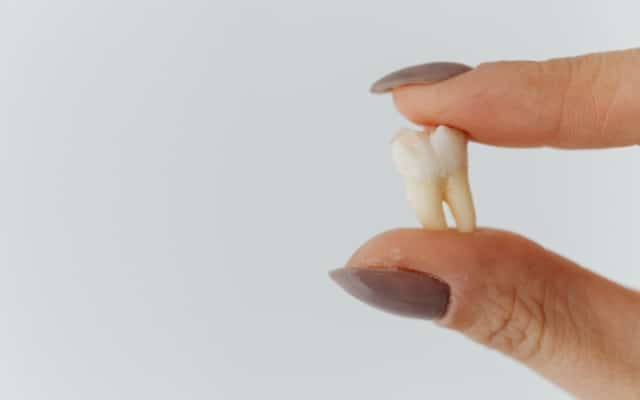No matter what has led to your tooth removal, it always leaves an open wound at high risk of infection. Without the proper care and attention, bacteria can enter the wound and cause painful infection. Neglecting this infection can result in irreversible oral complications that might take a long time to heal. However, all these can be prevented by simply following the right steps. Let’s explore tips to reduce the risk of infection post-extraction and help your gums heal faster.
Follow Post-Extraction Care Instructions
Your dentist will surely provide guidelines to follow post-teeth removal to prevent infection. It’s best to follow them carefully.
- Do not disturb the blood clot at the operation site. It protects the wound from the outside, allowing it to heal.
- Keep the gauze in the surgery site for 30-45 minutes.
- Do not use a straw or spit forcefully until the wound heals. It poses the risk of dislodging the clot.
Maintain Proper Oral Hygiene
Following a stern oral care routine helps you keep oral bacteria at bay. The less you let bacteria accumulate, the faster the wound repairs itself. So you should:
- Brush teeth carefully using fluoride toothpaste
- Rinse your mouth gently with warm salt water or alcohol-free antimicrobial mouthwash after meals
- Floss daily except at the surgery site until fully healed
Avoid Certain Foods and Drinks
Our diet plays a vital role in our healing journey. Some foods speed up the process, while others slow it down.
- Soft foods like yogurt, mashed potatoes, and smoothies are easy on teeth and pose almost no risk of causing pain to the operation site.
- You must avoid every spicy, crunchy, or hard food for at least a week post-operation.
- Hot beverages after tooth removal can disrupt the clot.
- Skip sugar as much as possible. Sugar speeds up bacterial growth in the mouth.
Avoid Smoking and Alcohol
Smoking is one of the most destructive steps you can take after tooth extractions. It introduces harmful bacteria to your extraction site. So, avoiding it for at least 72 hours after tooth removal is best.
You should also skip alcohol as much as possible. It slows down your healing journey and increases your risk of oral infection.
Watch for Signs of Infection
You should continuously monitor the surgery location. Even after following all the tips to reduce the risk of infection post-extraction, the wound can still get infected. The most common symptoms of infection range from excessive pain, swelling, pus, and fever to foul breath. If you notice any of these and your discomfort only worsens instead of improving, contact a dentist as soon as possible.
Get Plenty of Rest
Help your body heal from the wound of tooth extraction by limiting physical activity for a day or two. The more you sleep, the faster you heal. You should:
- Keep your head elevated while sleeping. It helps with mouth swelling.
- Avoid bending over or lifting heavy objects.s
A tooth extraction requires proper aftercare to heal without complications. If you’re unsure of your wellness journey, reach out to our trusted dentist for guidance on post-extraction care.

